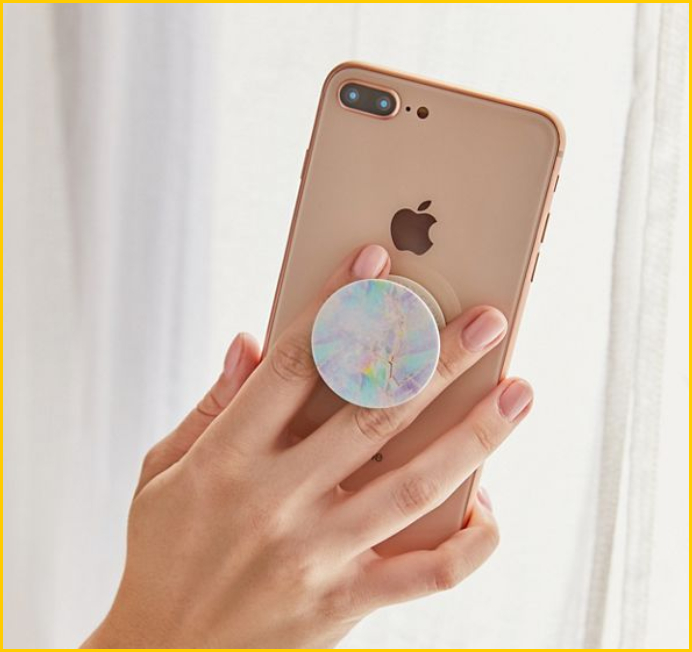Answers

Jun 03, 2019 - 06:53 AM
[posting on behalf of an attorney who doesn't want to give advice on a public forum due to potential exposure to liability, naturally :)]
The question of whether a mark has been genericized depends on a number of factors (for example, without limitation, belief by the general public that the mark is the common every day term/parlance used to refer to the actual underlying product or service and not just a specific brand (being one among other brands in the market) associated with the product or service).
Yet, wrought individual assessment and appreciation of these factors as they apply to a given mark, is not dispositive of whether said mark has been genericized or not.
Genericization of a mark can only be definitively determined by a declaration to that effect by a court of law or tribunal such as the Trademark Trial and Appeal Board. It is in effect a determination made on a case-by-case basis.
The fact that one may believe a mark to have become genericized for whatever compelling reason(s), does not mean — absent an express court pronouncement to that effect — that it is.
Acting unilaterally could expose one to trademark infringement claims brought against them by the trademark owner.
You have two options:
- Proactively file a Declaratory Action in order for a court or the Trademark Trial and Appeal Board to make a definitive Declaratory Judgment on whether the mark is generalized or not; or
- Come up with a new brand name for your product e.g. a Phoper (i.e. Phone + Popper).
Jun 04, 2019 - 06:27 PM
I am not a lawyer but ... companies can lose trademarks over a long period of time, when the term becomes generic. If everybody says "xerox" when they mean copy, the trademark can be lost.
But Xerox never truly lost the trademark, and the use of the word "xerox" as a generic term has actually fallen out of favor and most people say "copy" or "photocopy" now (the advent of copy shops probably helped).
It does NOT mean that competitors can use the name for their products. You can't buy a Ricoh or Brother xerox machine. What it means is that it is harder for Xerox to sue and win damages when the term is used inappropriately.
Google is actively fighting genericization of their name. Compare this with the word "aspirin", where the trademark was truly lost. It took a long time for that to happen. In the case of PopSocket, it has been less than ten years, which I don't think is nearly enough time. Have you ever heard a single person use the term "PopSocket" to mean "thing attached to the back of my phone"? I certainly haven't.
Counterfeit PopSockets don't count. In fact, I know of people who have PopSockets on their phone who don't know what they're called. The generic term is "phone grip". You have an idea for an "improved phone grip". There are certain rules on how you can refer to a competitor's trademark. For example, "The XYZ phone grip is 2x grippier than a PopSocket phone grip." For details, consult a lawyer.

Jun 05, 2019 - 07:22 AM
[posted on behalf of Brian Myers (Seattle based Attorney, Investor, Advisor)]
Why would you want to market an improved device under someone else’s trademarked name? Unless you clearly indicated that the product was from your company, you would be spending your money to add value to their brand.
I could picture a strategy of marketing that the new PhoHo (Phone Holder) phone holder is far superior to the PopSocket and explaining why. You would wat to talk to a trademark attorney like Adam Philipp or Kyle Flindt about that type of strategy.
Some have used a PR strategy to invoke the name of a competitor to promote their own brand. A good example is Slack taking out a full-page New York Times ad to poke Microsoft when MFST started Teams.
Some observers thought that was brilliant, others thought it was foolish. My point is that such a strategy can work but the company would need to be careful about trademark law. I suggest getting a really good PR firm also.

Jun 05, 2019 - 04:21 PM
PopSockets has also done a lot to protect their intellectual property. You would have a very tough time pulling off something like this and methinks is a bad idea! By the way, the founder's story is compelling.
A partial list from their site is excerpted below. In addition to the trademarks, they also have a long list of patents and copyrights. Click on the link below to see the full list.
If you are feeling charitable you may also submit your idea to them. They have an "Unsolicited Idea" submission page with interesting terms!
https://www.popsockets.com/pages/intellectual-property
PopSockets LLC has been awarded patents and trademarks by the United States Patent and Trademark Office, and other countries. PopSockets LLC has a duty and a right to inform the market of our patent and trademark rights, and PopSockets LLC will enforce its rights when necessary. As part of those efforts, below find our virtual marking. PopSockets LLC's products are covered by one or more of the following trademarks and copyrights, registered in the U.S. and other countries. This is a non-exhaustive list. Trademarks:
-
- PopSockets®
- PopSocket™
- Pop®
- PopClip®
- Pao Pao Sao ®
- 泡泡éªÂÂÂ? ® (Chinese characters)
- 泡泡騷 ® (Chinese characters)
- Poptivism™
- PopGrip™
- PopTop™
- PopWallet®
- PopMinis®
- Twist®
- Pop For Purpose®








Add New Comment